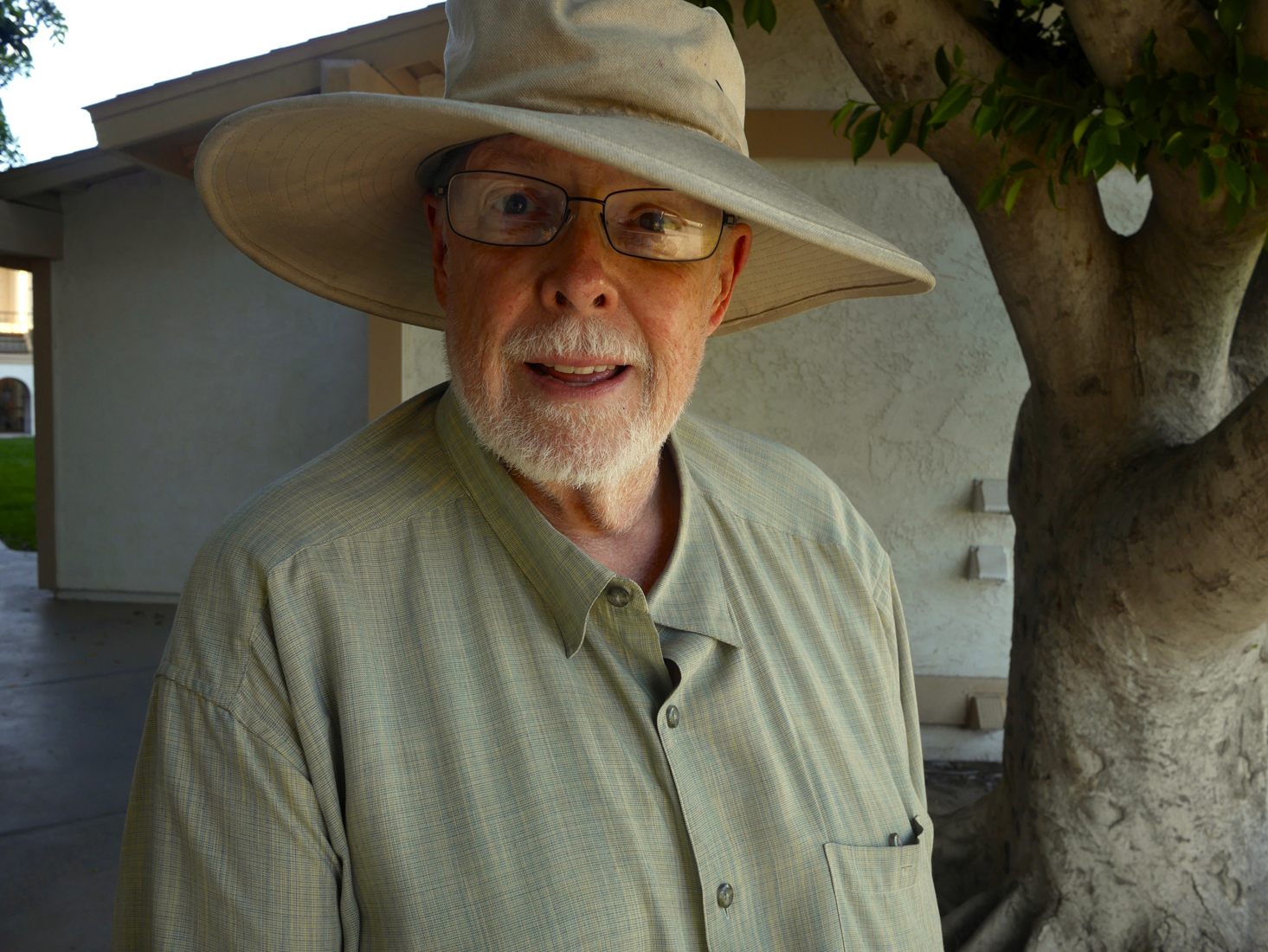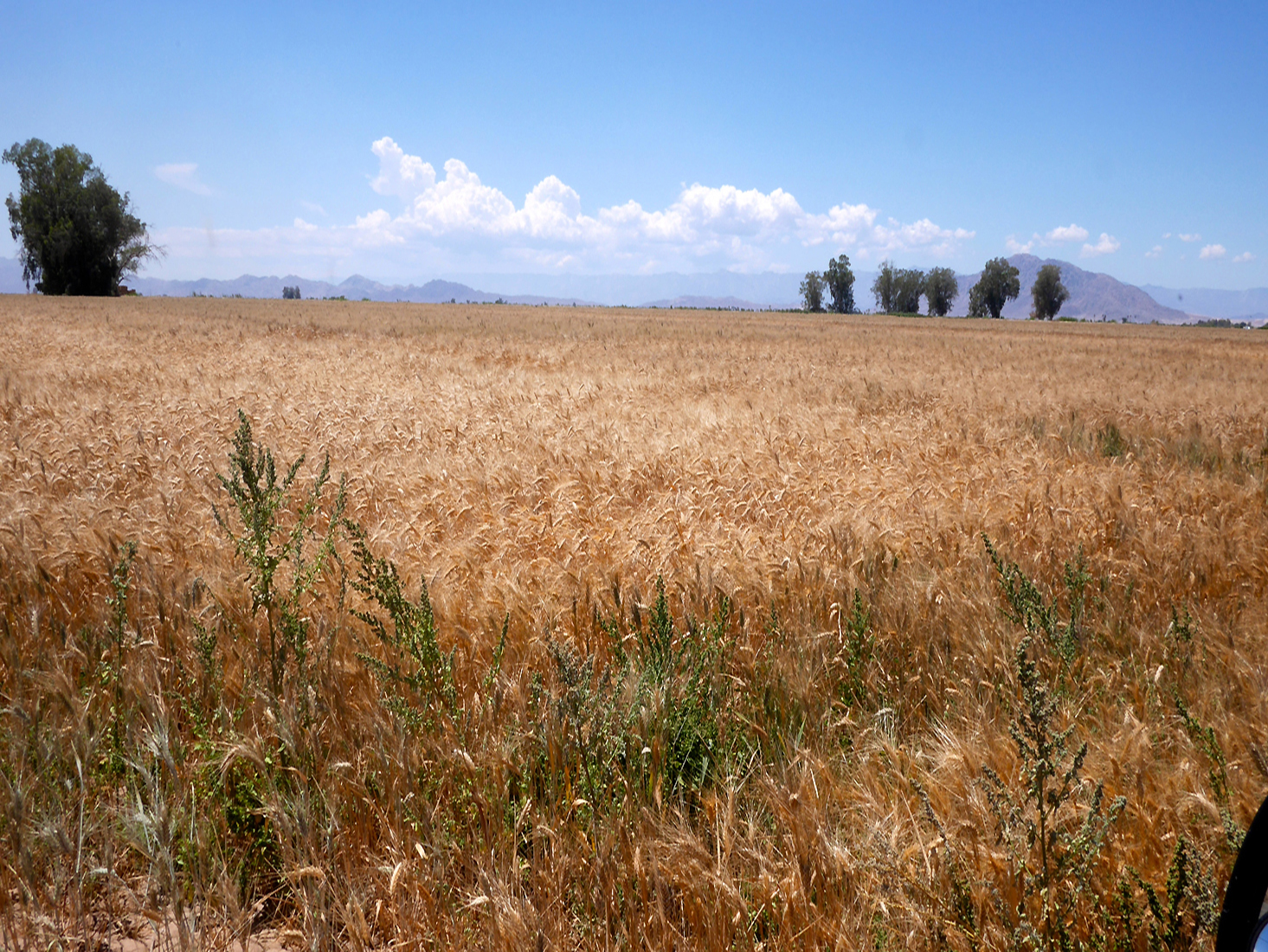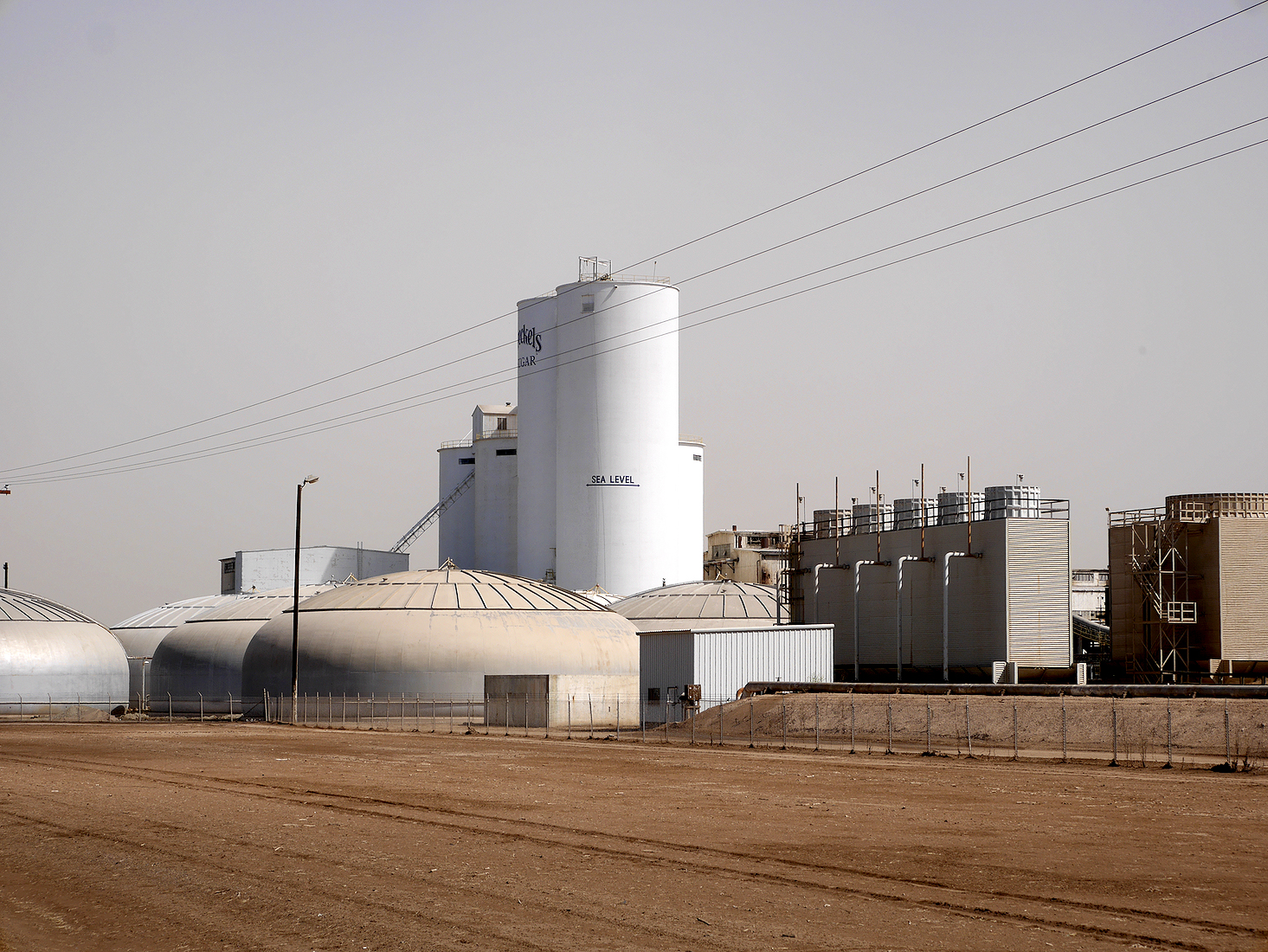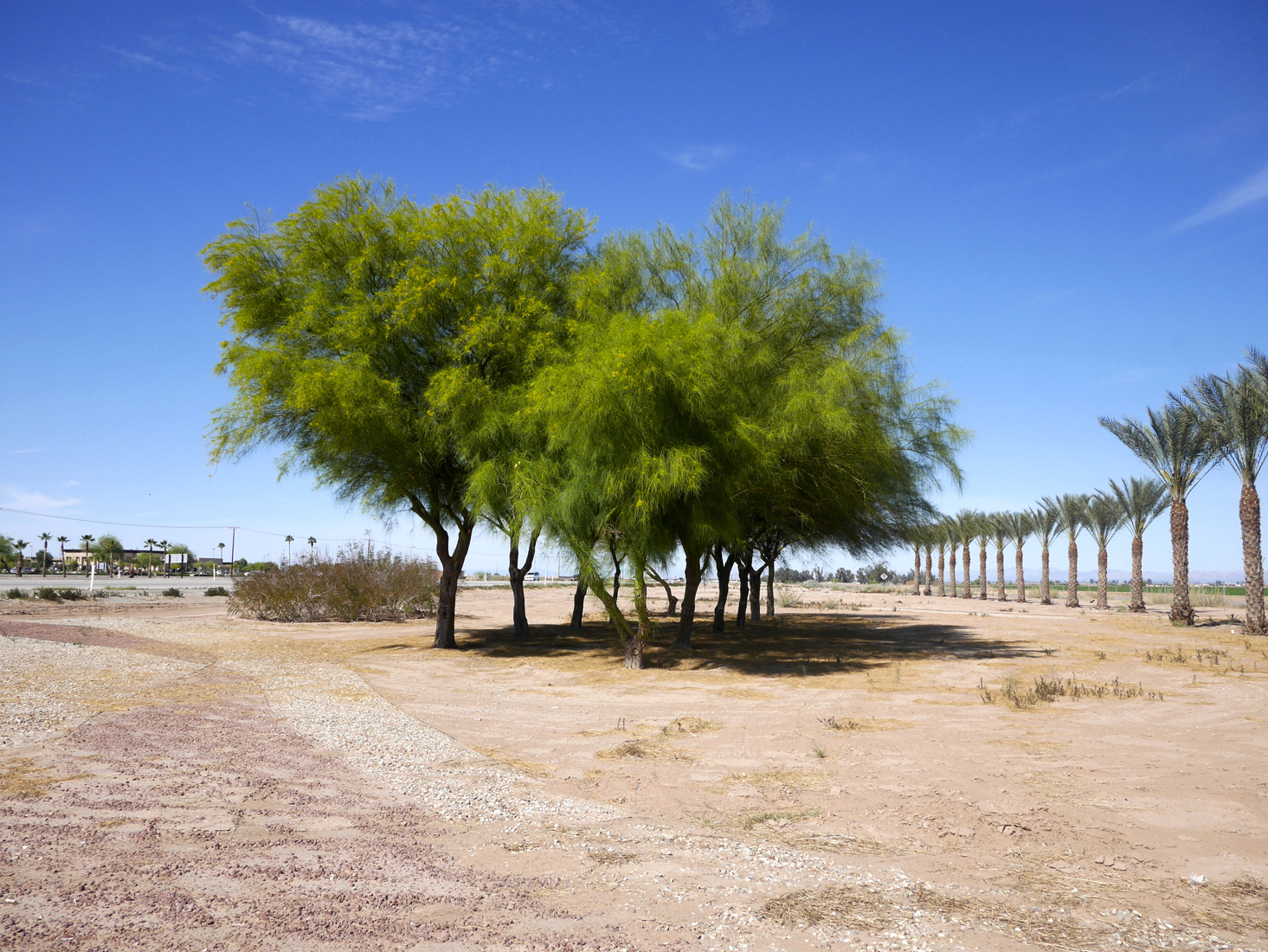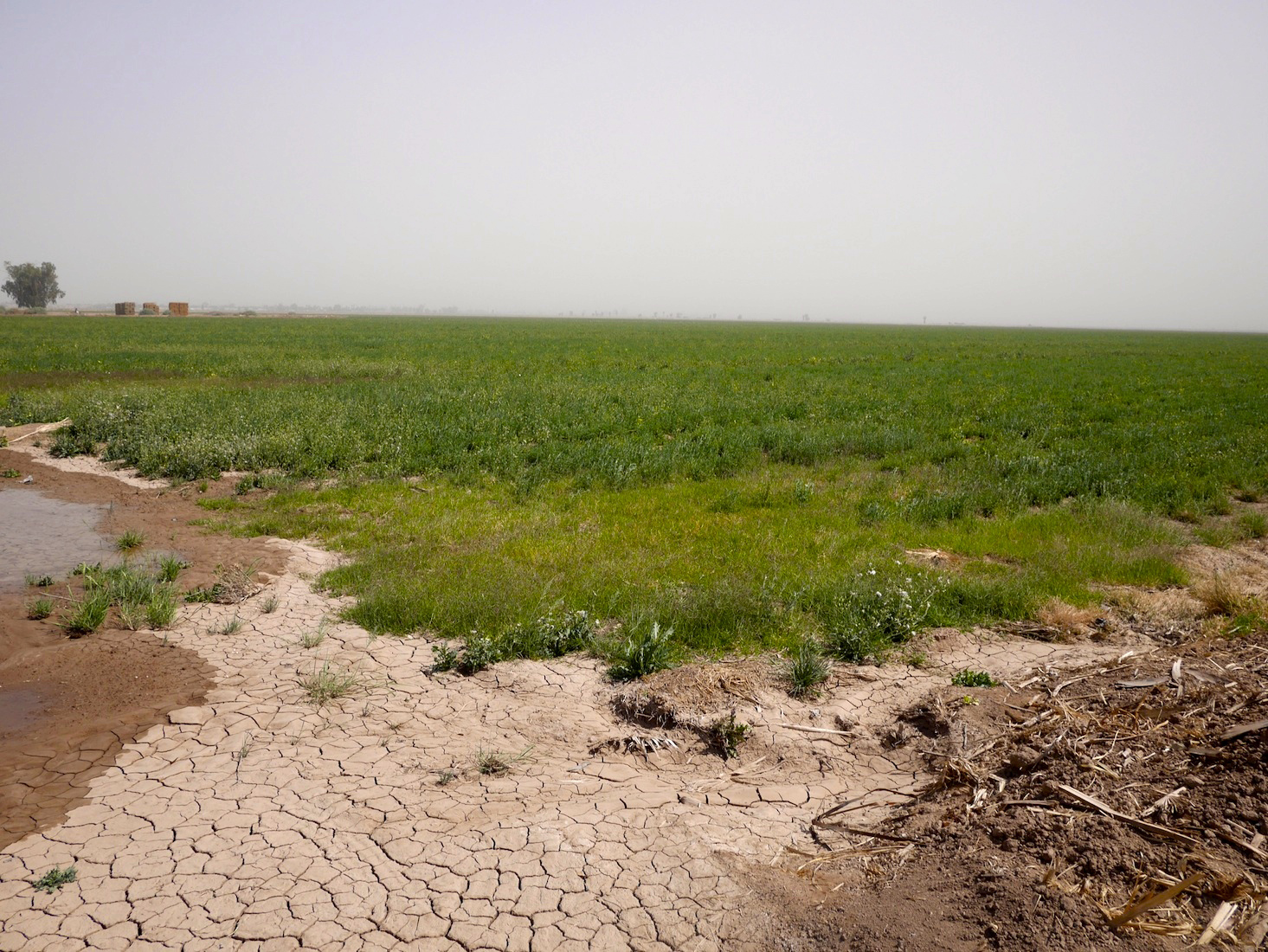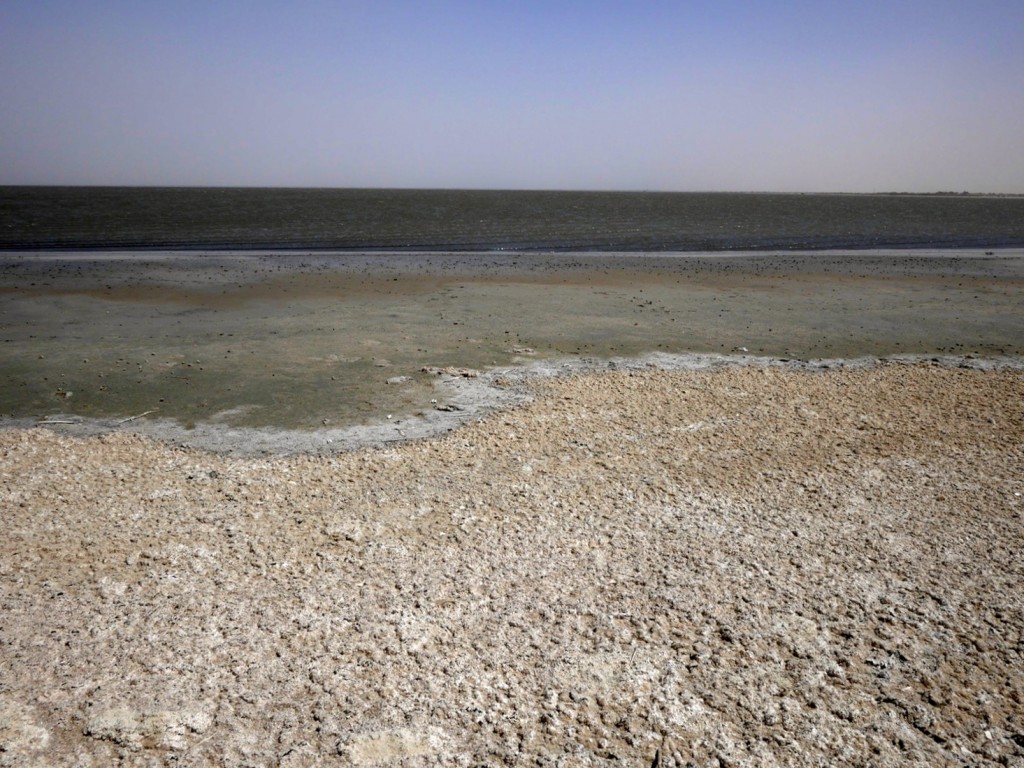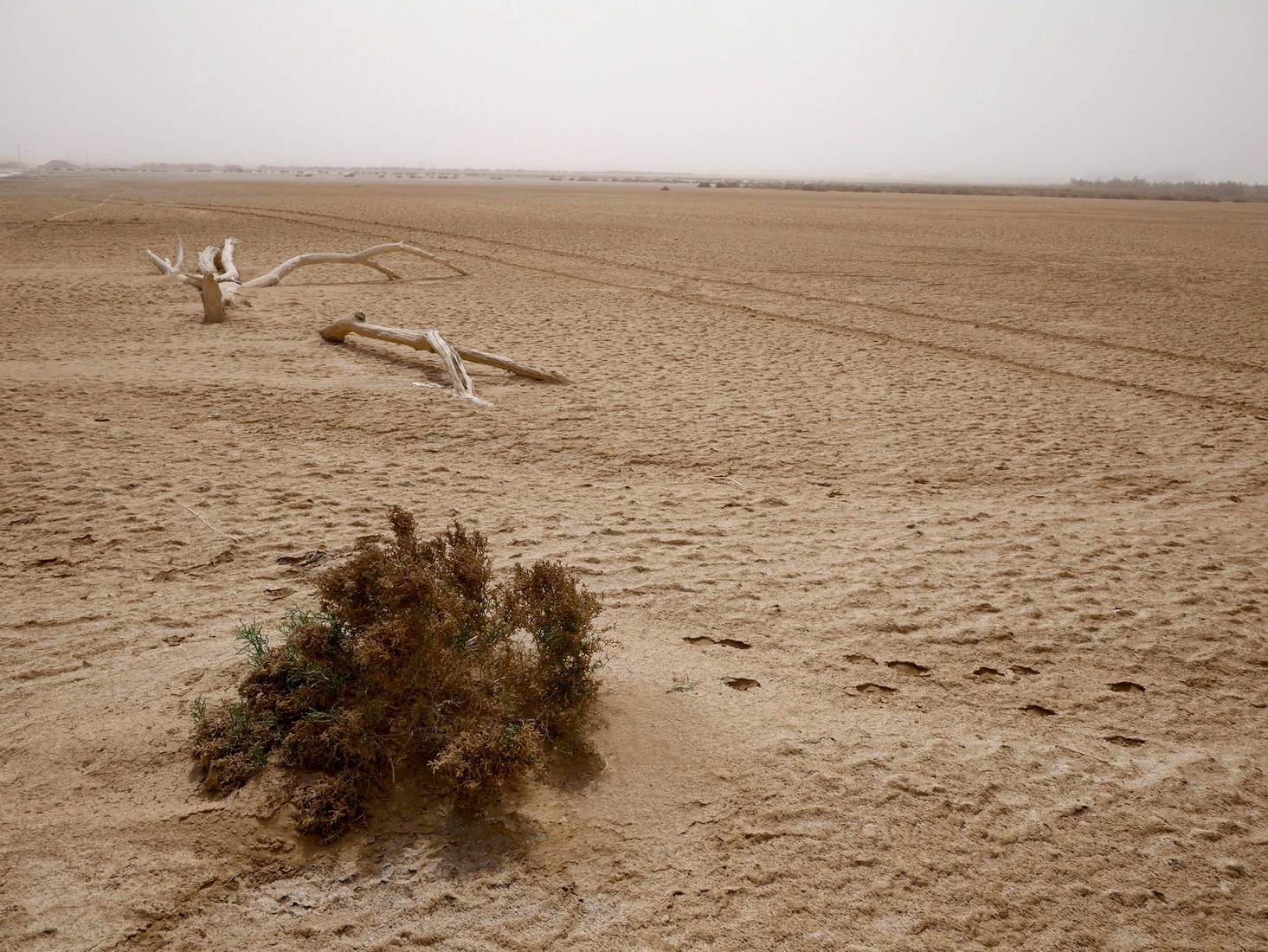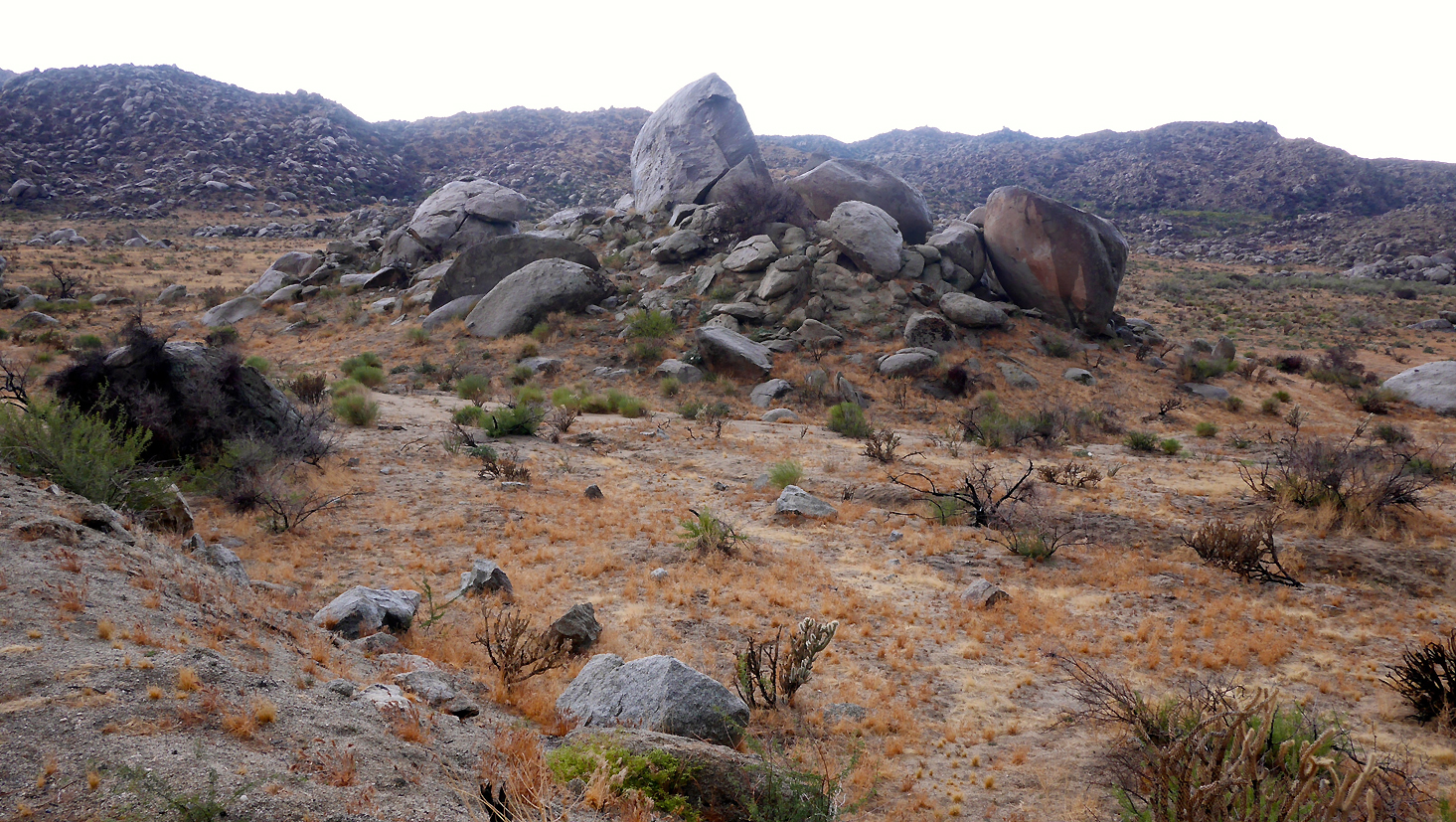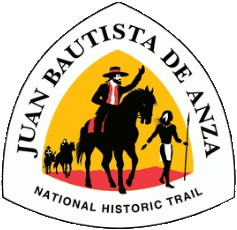Photo Gallery
Modern Stories Along the Anza Trail
Dennis: Retiree
Listen to an interview with Dennis
Interview Text
Interviewer: Your name is?
Dennis: Dennis Croughan.
Interviewer: And Dennis, how long have you lived in Brawley?
Dennis: Since 1963.
Interviewer: And you’re how old? Do you mind me asking how old you are?
Dennis: No, I’m 73.
Interviewer: Did you always live here in the valley?
Dennis: No, I lived in Tucson, Arizona from 1940 until 1963. So…I came from the University of Arizona, where I graduated.
Interviewer: What brought you to Brawley?
Dennis: Well, as I said, I needed a job. I thought that I was going to inherit this money, and this was in the early 60s, and so, the land that I was to get money from had not been sold. So, it looked like Dennis was finally going to have to get a job. I was twenty-three years of age, and so… I had a double major in history and English, but I wanted to teach history, and so Brawley offered a history position. And so I came here, I signed the contract, and I came in the fall of ‘63.
Interviewer: What was Brawley like back in 1963?
Dennis: It was quiet. It’s grown some. But it was pretty quiet. It was a farming community. It was a little, you know, cut off from the rest of the world. But that was nice, you know?
Interviewer: Now, I just passed the high school, and it looked like most of the kids that were there now are Hispanic.
Dennis: Oh yeah. Definitely. The majority.
Interviewer: Was that the make-up in ’68 also?
Dennis: Um, yeah, I think so. But I think, shall we say, the Anglos were more in control. They’d always been in control, and the east side was, you know, for Mexicans. And Cesar Chavez always remembered that there was a sign on one of the restaurants: “We don’t serve dogs or Mexicans.”
Interviewer: Was he from here?
Dennis: I don’t, I don’t think so, but he worked here, and organized the labor here, and there was a lot of striking and so forth, uh that went on. The Anglos were in control, uh, and you know, as the 60s and Civil Rights, you know, kind of took over, uh, they’ve, I think kind of lost a lot of control.
Interviewer: Well, the first time I remember coming down 111( a hwy, state route 111) must have been uh, maybe in the early 80s, and it seemed like, at that time, that Brawley was a lot smaller and a lot more isolated.
Dennis: Yeah. But you know what with communications and so forth, you know, the internet and everything, you know, now, that’s all broken down. And of course, a lot of kids have gone away to school because of the 60s, they could go to Berkeley. They could go to all these schools. They had, you know, scholarships and so forth.
Interviewer: Well, it also seemed, too, that there were lots of smaller farms, and now I just see the remnants of what those… of those…
Dennis: Right, it’s like there used to be Mom and Pop grocery stores. But you know, it’s just the way the country is going.
Interviewer: How long have you been retired now?
Dennis: I stopped teaching in 2003. I taught for 40 years at Brawley Union High School, the only job I ever had.
